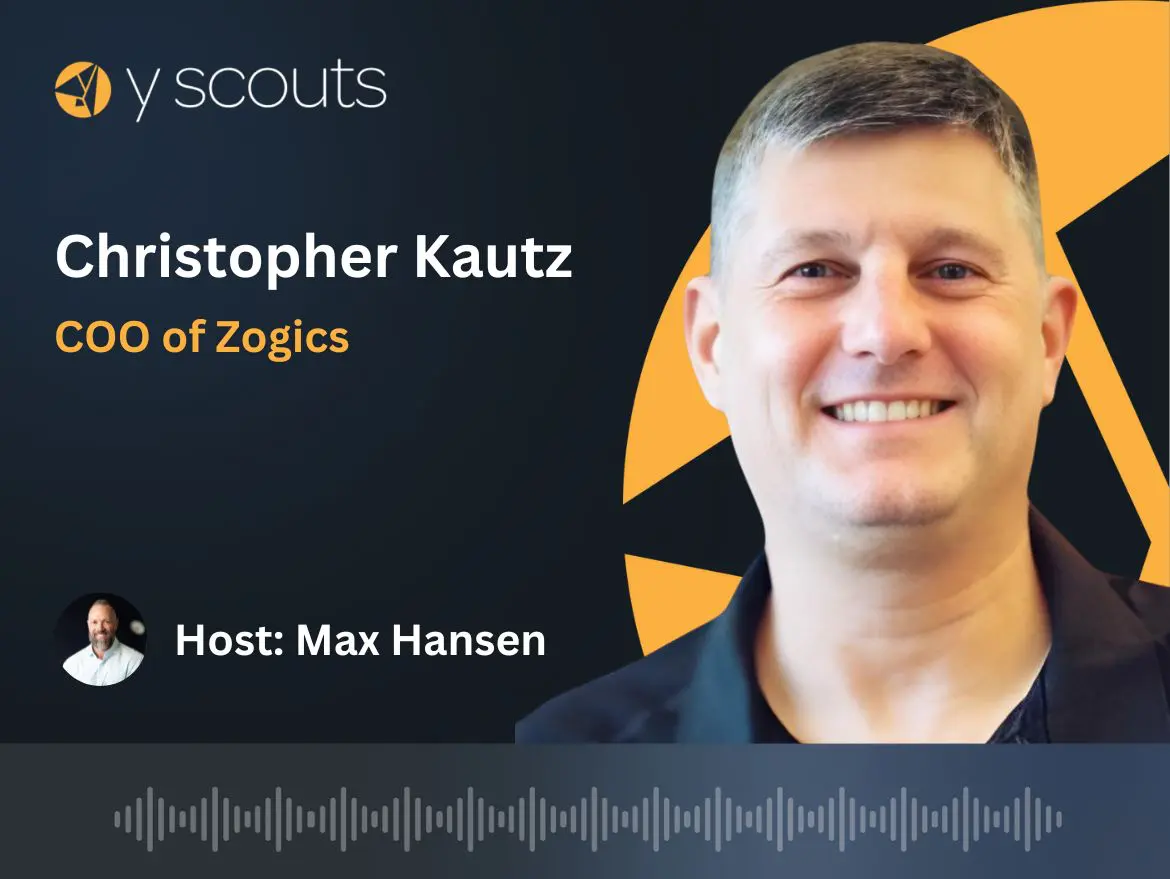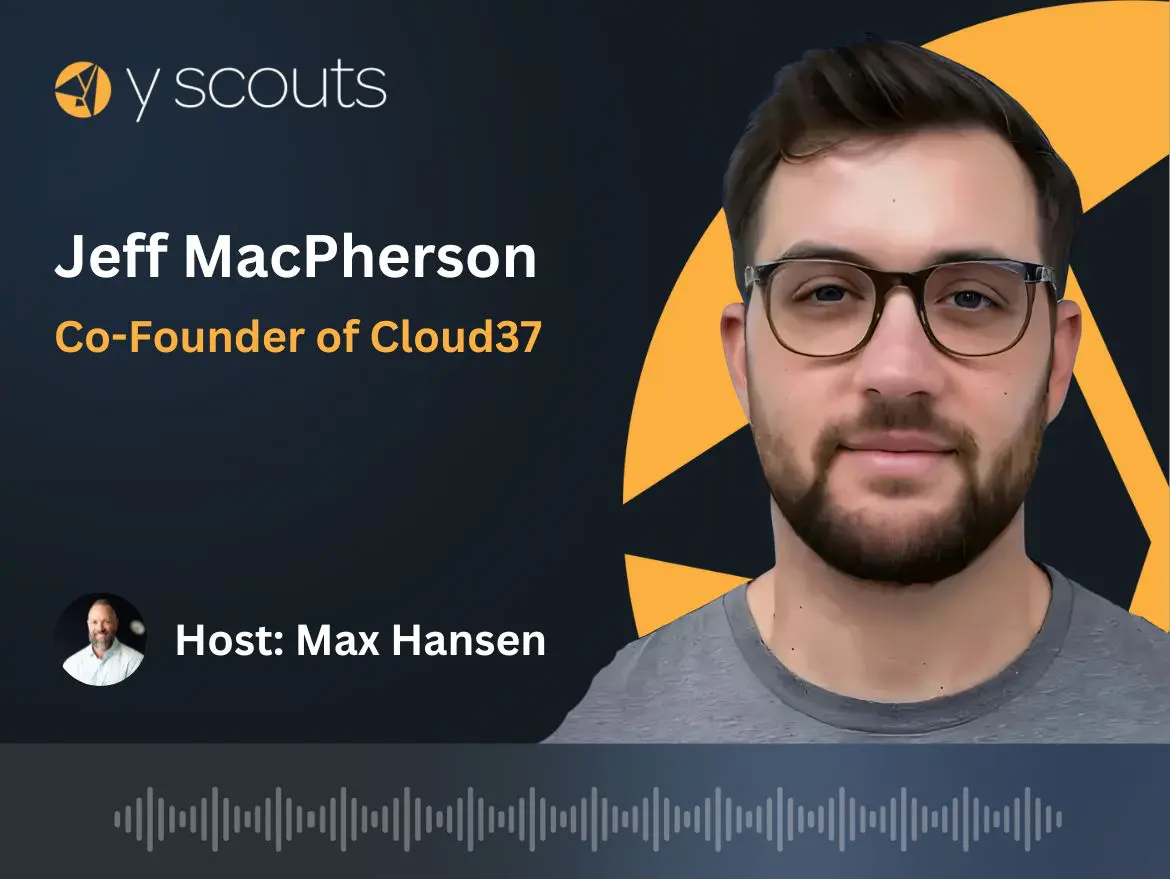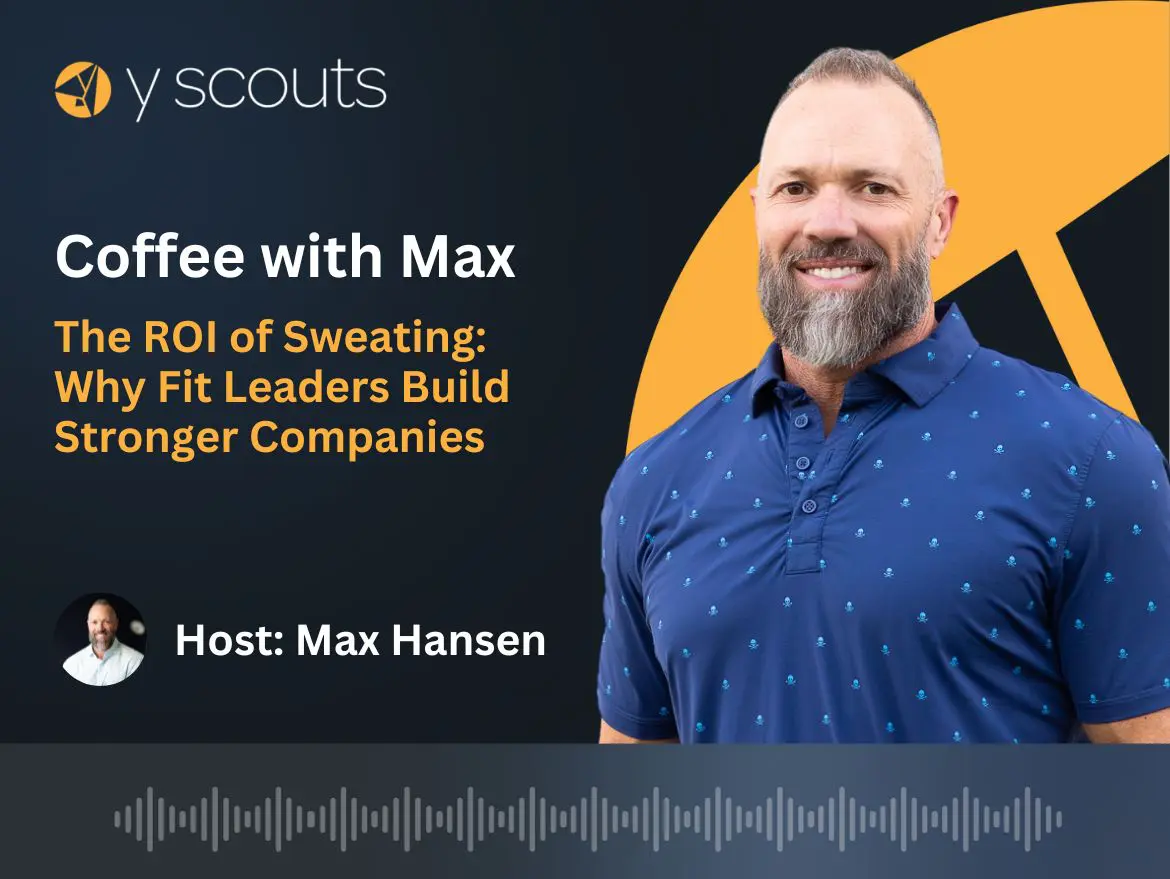Garry Ridge joined WD-40 in July of 1987, and became the CEO in 1997. One look at their financial performance and even the most skeptical on the topic of purpose-driven and servant-based leadership will begin to take notice. In this discussion, Garry shares his wisdom on: why empathy should always trump ego, why the most important leadership lessons date back to kindergarten, the reason Garry and the WD-40 team refer to themselves as a Tribe, the WD-40 Maniac Pledge that all tribe members sign, Garry’s advice to all current and future leaders and, of course, this episode wouldn’t be complete without a few stories of the uncommon uses for WD-40.
This episode is chock full of amazing lessons on leadership, culture, how to sustain high-octane performance, and some ripping good yarns along the way.
Table of Contents
ToggleShow Highlights
- 1:44 – How WD-40 began
- 4:58 – Leadership lessons from kindergarten
- 7:03 – Defining his life purpose
- 8:55 – The concept of “Don’t Mark My Paper, Help Me Get an A” explained
- 10:00 – A night in London teaches Garry to listen to the alarm bells
- 13.24 – How are we forming our belief systems?
- 16:10 – Garry explains why WD-40 is in the business of making memories
- 19:35 – How making memories relates to core values
- 22:04 – Humans need to feel a sense of belonging at work
- 27:20 – The birth of the Maniac Pledge
- 29:34 – How WD-40 creates an ideal work environment for employees
- 33:18 – How to really measure success of a company
- 36:19 – Looking at America from the global view
- 38: 50 – Garry’s favorite WD-40 story
- 41:22 – Garry shares advice to current and future leaders
Show Links
- Book: Helping People Win at Work: A Business Philosophy Called “Don’t Mark My Paper, Help Me Get an A”
- List of 2000+ uses for WD-40
Garry Ridge Podcast Interview
I want to talk about WD-40, this blue and yellow can with the red top… How did WD-40 arrive at this higher purpose of creating positive lasting memories?
I think it comes two ways: firstly, as I’ve been with the company over time, it became really clear to me when I used to share what I did. You know, someone would say “What do you do?” and I’d say, “I work for WD-40,” and, “Ahh, WD-40. I love that stuff, I remember when…”
In fact, you just said that to me. You just shared with me your memories of the midwest that it took you back home and I bet if I quizzed you a little bit you would remember working probably with your dad on a tractor or a car. I call that rocking chair kinds of memories, about good times that you’ve had. And it hit us that we are in the memories business. We exist to create positive lasting memories so why shouldn’t we have that as a higher purpose? And why shouldn’t we really imbed that into everything we do? We make things work smoothly and we create opportunities.
It’s even to the point where I’ll be coming back through customs or immigration in the U.S. and someone will say in the immigration office, “What do you do?”
“WD-40.”
“Oh, I remember when..”
So it’s always this absolute positive outcome of the interaction with the brand. And the reason people have that is that it’s an honest brand, it does what it says it’s going to do and it usually delights people more than they think it does and it even delights me. I’ll give you an example, I was messing at home and one of breaker switches in our outside power would not reset and I’m thinking maybe I should call the electrician. I call the electrician and I leave him a message. My wife and I are about to go out and do something and I thought, you know what, I’m just going to spray WD-40 in that braker and who cares if it may not work. So I sprayed in the breaker and I come back and I push it on and the thing works again. So now I’ve reset the breaker for our outside lighting system and it’s like, there it is! Even me, and it just delights me. It saved me probably $130 and if it hadn’t worked, Brian, I would have forgiven it. If WD-40 can’t fix it, probably nothing can.
Let’s talk about the tribe and the culture of the organization and I think the first point that needs to be raised is the word tribe and this idea of tribal leadership, and why the WD-40 organization has built a tribe. It’s a group of tribe members, it’s not teammates, you’re not referred to as employees, you’re members of a tribe. Why this particular phrase? Why tribal as opposed to the other options that exist today?
Many years ago, I worked out that micromanagement wasn’t scaleable and if we were going to take the blue and yellow can with the little red top to the world, we had to have a culture that empowered people, that enriched their learning and that they knew they belonged to. One of the most dominant desires we have as human beings is to belong. We’ve all left relationships, parties, organizations or jobs because we didn’t feel like we belonged. And if you look at Maslow’s Hierarchy of Self-Actualization, the first two runs, most organizations fulfill them, are people safe and do they have enough to provide to themselves. The next one is love or belonging. Organizations don’t focus on it because they don’t understand that’s it’s such a driver.
So then we thought about well what do you belong to, well let’s think about a team. A team is something you belong to situationally to win a game but if you think about tribes, a tribe is something that you belong to that’s enduring overtime, that survives over time and that’s protective of its members. So it was such an important part of our thinking. Simon Sinek, in his book “Leaders Eat Last,” he has a quote in there from Aesop from the 6th century. It says, “A lion used to prowl about a field in which four oxen used to dwell. Many a time he tried to attack them but whenever he came near them they’d turn their tails to one another so whichever way he approached them he was met by the horns of one of them. At last however, they fell a quarrelling among themselves and each went off to a pasture alone in separate corners of the field, then the lion attacked them one by one and soon made an end to all four.” Simon talks about the tribe having a circle of safety, so we said that tribes were really what’s important.
Then we did some research and we looked at what are the attributes that were so important to a tribe and guess what the number one responsibility of a tribal leader is? Learning and teaching. And I’ll give you the example. Let’s talk about for a moment about the Australian Aborigines. Years ago, thousands of years ago, in my home country in the middle of desert, in the blazing hot, these people would stay together, and if any of you, you as in the listeners, have ever tried to throw a boomerang, a boomerang is really difficult to use effectively. But if you are trained to throw it, when you throw it, if it doesn’t hit what you’re trying to hit to kill to be able to eat, it will come back to you. So what do you think is the number one responsibility of the Aboriginal tribal leader? It’s to teach younger tribe members how to throw a boomerang effectively because if they can’t do it, they’re not going to survive. So that really played into our belief of why learning and teaching is so important. And there are other attributes, they have values, they’re focused on the future, they have specialized skills, they’re warriors, they have celebrations, we brought all of this together and that’s why we call ourselves a tribe. That’s why we are a tribe.
If you’ll indulge, I’d like to read the pledge, and then I’d love for you to share where this originated from and why this is so important. So the Maniac Pledge states: “I am responsible for taking action, asking questions, getting answers, and making decisions. I won’t wait for someone to tell me. If I need to know, I’m responsible for asking. I have no right to be offended that I didn’t ’get this sooner. If I’m doing something others should know about, I’m responsible for telling them.” That is the Maniac Pledge. Where did it come from? Why is it important? And why the “maniac” pledge?
Well, it came from a situation where people in the organization were spending more time complaining that they didn’t know than really making the effort to find out. It was developed really to give people permission. At that time, way back we were playing with this, myself and another tribe member, Mike, he and I were talking about it and we started to draft it up. So Mike and I, he’s part author of this, he helped me put this in a framework that we could share. And why a “maniac”? Well, maniacs are people who are really focused on something like,“I’m going to be so intense about this thing.” We delivered it and what it does, it’s a pledge of permission, it really says to anyone in the organization, you have the permission to be able to exercise the Maniac Pledge and say you know what, I’m allowed to ask the question and particularly I’m not allowed to hold the information, and particularly if I know something I should be sharing it.
Given this idea of creating positive lasting memories, there are undoubtedly people in one of the 175 plus countries that you serve, you have more than 450 tribes member across those countries that you serve, how are you able to create an environment that really reinforces that connective tissue so that every member of the tribe really does see and feel how what they do day-in and day-out connects to the overall higher purpose of the organization?
The simple answer is we’re committed to it, it’s our behavior every day. We have transparency, no lying, no faking, no hiding. We’re open to everyone, we respect that everybody has a point of view. We treat people with respect and dignity, so I think the bottom line is: we’re committed to it. And number two is: leadership is simple but not easy and time is not your friend. We’ve really kept the course on the principles around our values, around our purpose, around our learning moments, for now nearly 20 years and that’s why we have 93% employee engagement.
It really makes me nearly sick to think that 70% of people who got up today are disengaged or actively disengaged in what they do. They don’t go home happy, they don’t feel like they’ve made a contribution to something bigger than themselves. We are not enriching their lives, we are not helping them to have a positive mental attitude, and that’s wrong that’s absolutely wrong. And its leadership’s bad for allowing that to exist, but a lot of it exists because ego is eating empathy instead of empathy eating ego. Leadership is simple but it’s not easy as I said, and it’s hard work. As a leader, it’s like being on Broadway without having an interval in the show. So if you don’t want to be a leader, a good one, do yourself and the world a favor, don’t try to be.
For more episodes of the Built On Purpose Podcast, visit yscouts.com/podcast.
Y Scouts, a leadership search firm, finds purpose-aligned as well as performance-proven leaders to help organizations achieve their missions faster. Ready to supercharge your leadership search and get the right person in your organization? Contact Y Scouts.






